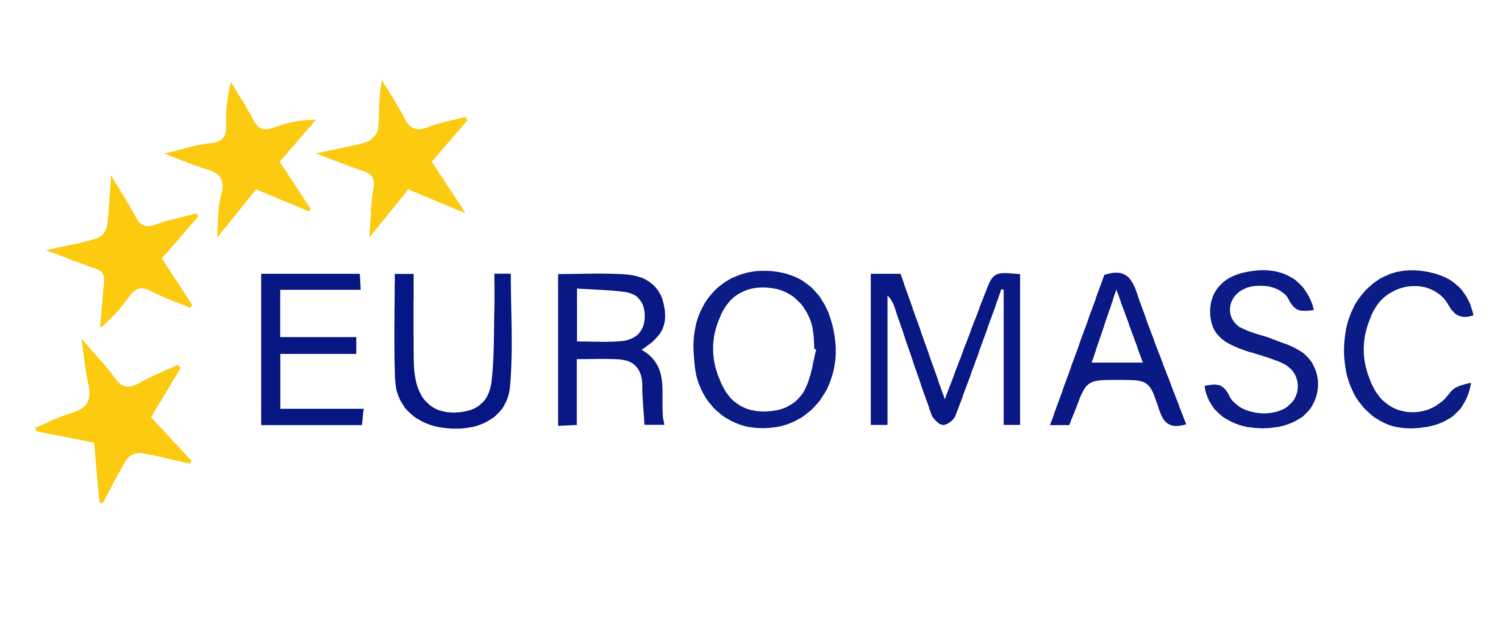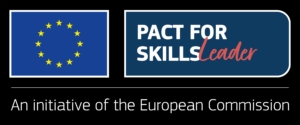Retail Sector Skills Alliance: Knowledge Intensive Future Retail Management
Leonardo da Vinci Centralised Sector Skills Alliance project (2014-2015) ES, BG, DE, FR, IT, NO
CEEI – Business and Innovation Centre Albacete (www.ceeialbacete.com ) (538640-LLP-1-2013-1-ES-LEONARDO-LMP)
Project aims and objectives:
RETAIL objectives are a better anticipation of skill needs together with the reduction of labour markets crisis consequences in the EU retail trade sector, which are highly needed.
The proposed strategy aims at minimising social costs and facilitating adaptation during crisis processes through a better anticipation and positive management of change, via the promotion of a strategic management of human resources and fostering stronger synergies between innovation, skills and jobs, taking into account the global context and encouraging adaptations to national and regional level in a flexicurity oriented way .
A strategy focusing on overall key objectives of smart, sustainable and inclusive growth in the European Union retail trade sector, namely:
- Enhance the development of human capital in the EU retail sector
- Improve the image of the sector , as well as its flexicurity conditions
- Improve customer relation management and efficient strategies to face crisis.
Retail trade is dominated by SMEs. Due to these specific circumstances, strategic and visionary skills as well as initiative-taking are even more important for retail managers of SMEs and micro enterprises, i.e. top management and company owners/ entrepreneurs, but also including different specialist managers, such as HRM, finance, sales, and R&D management.
This project aims at creating a new professional figure for the retail sector: the European FUture Retail Manager for flexicure and efficient SMEs (EUFURM) , endowed with innovative management skills, tools and intervention methods needed in order to face the main trends affecting the sector (Globalisation, Mass customisation and Lifestyle changes, and Labour flexibility).
The steps:
– Development of sectoral methods for anticipation of skills needs ;
– Implementation of specific initiatives that stimulate sector SMEs to invest in training and flexicurity ;
– Development of a new model of training provision for the retail sector, taking into account barriers existing among SMEs and micro-enterprises;
– Set-up of the EU curricula of the new professional figure of the EUFURM , endowed with more advanced entrepreneurial and management skills;
– Developing flexible devices for validation, transfer and recognition of learning outcomes , using ECVET principles;
– Development of the Info-Formative Toolkit for the new EUFURM – with a strong use of simulation and blended learning modalities;
– Piloting the training on at least 120 FURM
– Set up of an European Peer-Development Network for FURM.
The FURM will be able to create learning conducive environments at the workplace, properly coordinating employees in a Flexicure way, balancing ‘lean’ thinking with a developmental approach to HR management and improving the image of the sector. Thus resulting in improved working conditions, including health and safety, in the retail sector, and in the creation of preconditions to attracting and retaining a future workforce.

